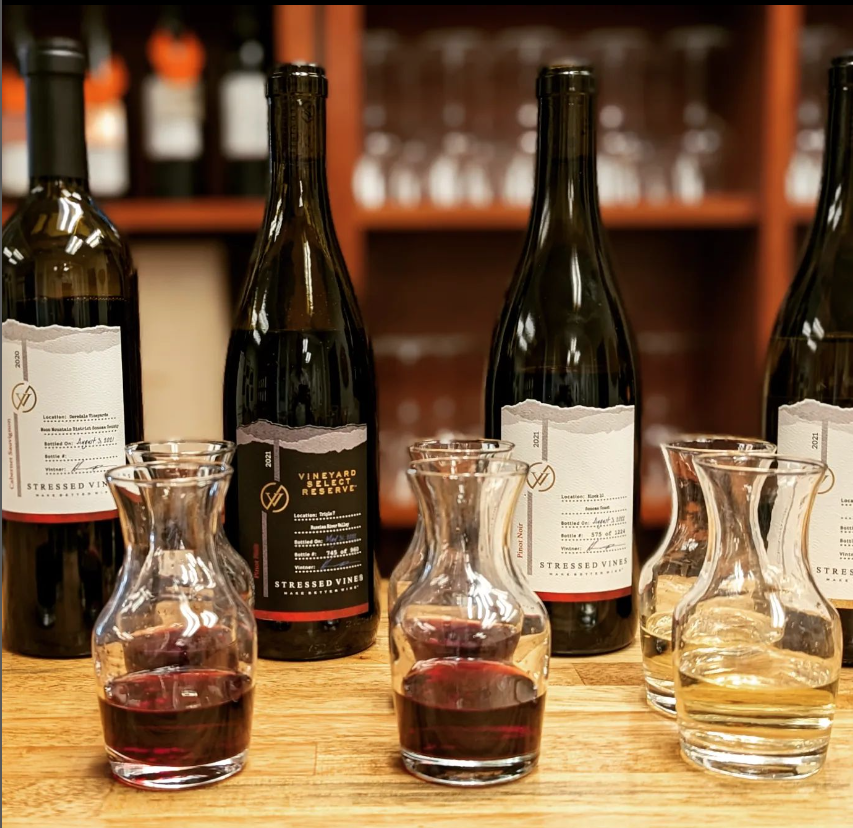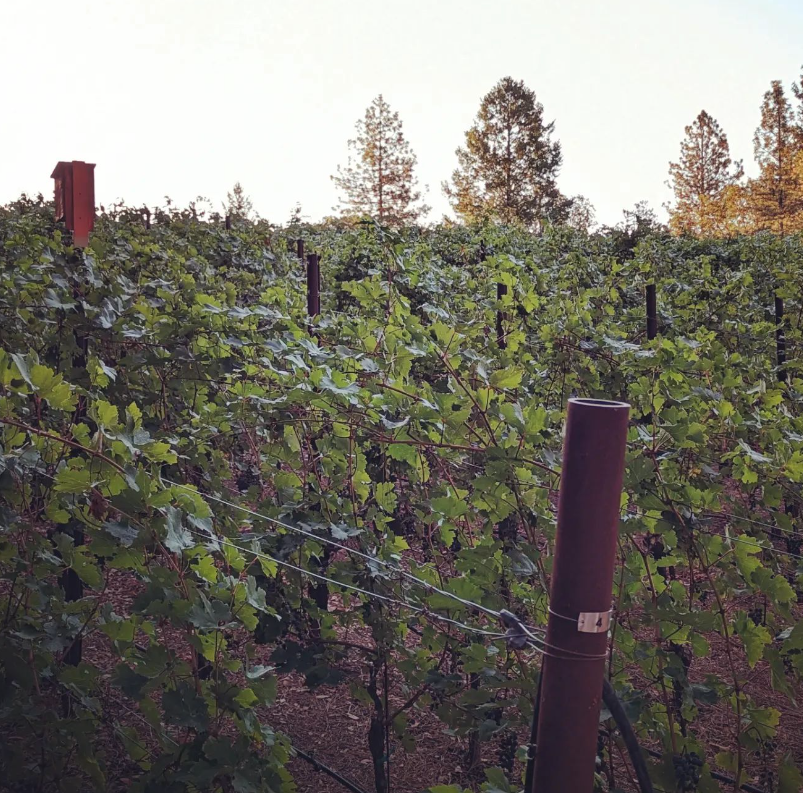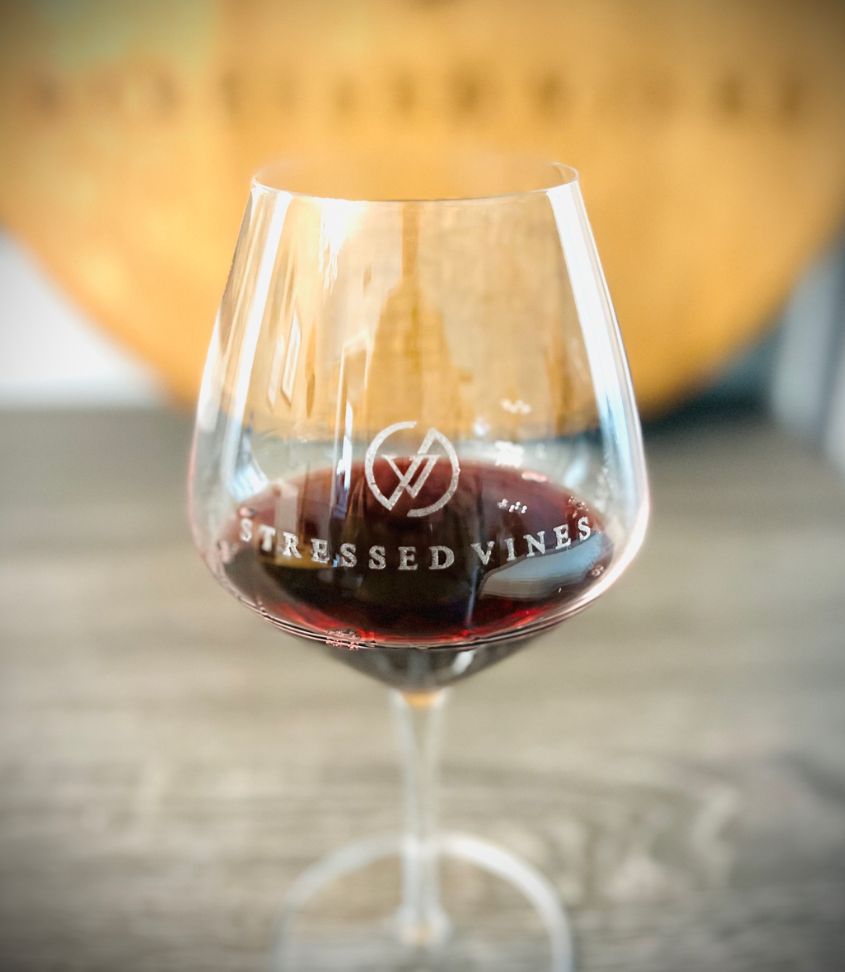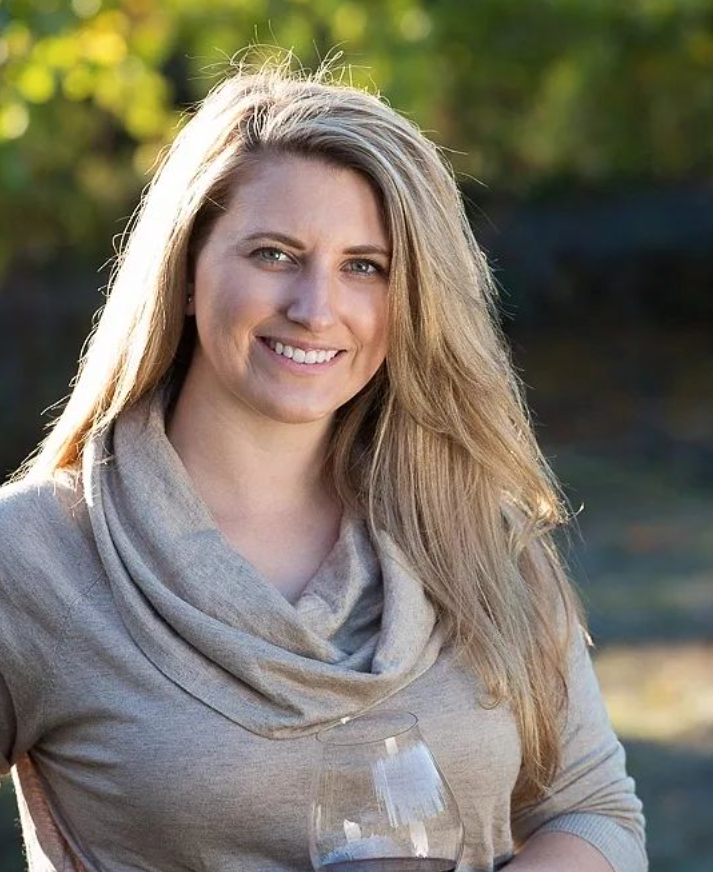Stressed Vines Cellars
Get the Dirt from owner Rob Barney
“I like the fact that while we make multiple vintages from the same vineyards we do not subscribe to a house or consistent style between vintages. This allows us to give voice to the vineyards each year and celebrate the uniqueness of each vintage.”
What was your first vintage year? Our first vintage was 2017.
How many cases do you make per vintage? 1200-1500
Do you have a Tasting Room? Yes. We are open Thursday-Monday from 10am-4pm. Walk-ins welcome based on availibility.
Who is your winemaker? Erica Stancliff. After graduating with her degree in oenology from Fresno State, Erica worked harvests in both Mendoza, Argentina and Oakville, Calif. In 2014 she took over winemaking for her family’s winery from her mentor, Paul Hobbs. In 2017 Erica became the winemaker for Stressed Vines Cellar’s inaugural vintage.
What wine made you want to become a winemaker/start your own winery?
I started my winery to make wines that honored those that I fell in love with back in 2014 when I first began my journey into wine. Pinot Noir from Annapolis on the West Sonoma Coast, Russian River Chardonnay and Mountain Cabs from Moon Mountain, Howell Mountain and from the hills of Alexander Valley.
What varietals do you work with?
We make Pinot Noir, Chardonnay and Cabernet Sauvignon. I love all of our wines, but I particularly love how the fresh, crisp style of our Chardonnays creates converts of so many people who begin tastings by telling us how much they dislike Chardonnay. I also love the versatility of our Pinot Noirs and the fresh ribbon of acidity that brightens up even the biggest of our Cabs. So good by themselves, but also so incredibly food friendly.
What vineyards do you source from?
We source our grapes from the vineyards that best express the characteristics of the wines we are wanting to make. Our wines are single vineyard wines to showcase the uniqueness of each location. We have vineyard designates from the West Sonoma Coast, Russian River Valley, Alexander Valley, Moon Mountain and Howell Mountain AVAs.
What type of oak treatment do you use?
Most of our wines, with the exception of the Rose’ (stainless steel) and our Triple 7 Vineyard Select Reserve (concrete), spend 10-34 months in French Oak barrels. Erica uses the barrels like a chef uses a spice rack to bring out the best flavors and textures from our wines.
What do you love about your winemaking region? What makes it different special?
All of the vineyards in the regions we source from are, in some way, stressed. The high elevation of the West Sonoma Coast vineyard and proximity to the ocean creates a texture and body that are unique and unexpected. The fruit coming from our vineyard in Alexander Valley is all sourced from some of the highest elevations in the area, and our grapes from the high mountain elevations of Howell and Moon Mountain give us smaller quantities of grapes with more concentrated flavors, rounded tannins and balanced acidity.
What’s the story behind your winery name / label?
When I finally found the wines that were aligned with my palate, I realized that they all came from vines that experience some level of stress during the growing season. Some of the vines were dry-farmed, some came from high-elevation vineyards with rocky soil and other vines are just older and subsequently producing smaller quantities of more concentrated fruit. All this stress results in clusters and berries that are smaller, more flavorful with rounded tannins and balanced acidity.
What's the one thing you wish someone had told you about the wine business before you started your own winery?
I was warned repeatedly about all of the risks associated with making wine, the difficulty in selling the finished wines and the old joke that “if you want to make a small fortune making wine, start with a large fortune”. We have been very fortunate that starting out as we have, with high quality grapes, an amazing winemaker and a growth strategy that is based solely upon demand, I don’t feel as if I went into this with anything other than total clarity of the risks and pitfalls.
Most importantly, what's so great about being small? What can you do as a small winery, that wouldn't be possible for larger wineries?
I can’t speak for others, but I like the fact that while we make multiple vintages from the same vineyards we do not subscribe to a house or consistent style between vintages. This allows us to give voice to the vineyards each year and celebrate the uniqueness of each vintage. Also being small allows us to make single vineyard and often single block wines that showcase the terrior of our vineyard locations.
How do you view the future in the wine industry for small-lot winemakers?
I think there is definitely a strong future for small-lot wineries that focus on connecting with existing wine lovers and to help develop the next generation of wine-drinkers.
If you could choose another wine region to work in what would it be?
I love Malbec and would love to make a French Malbec from Cahors and one from Argentina sometime in the not so distant future.
For more information about Stressed Vines Cellars, please visit their website or follow them on Instagram.




